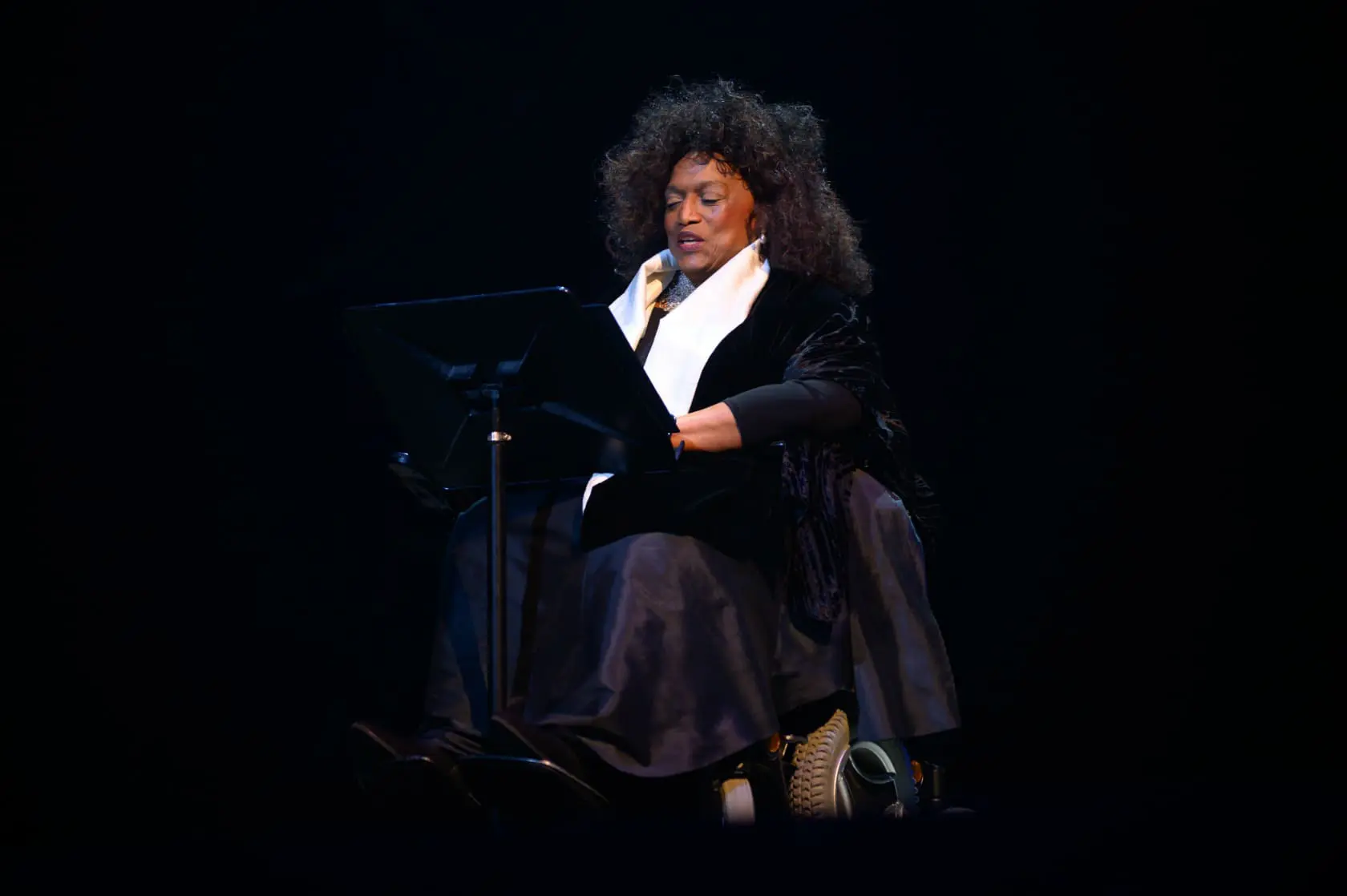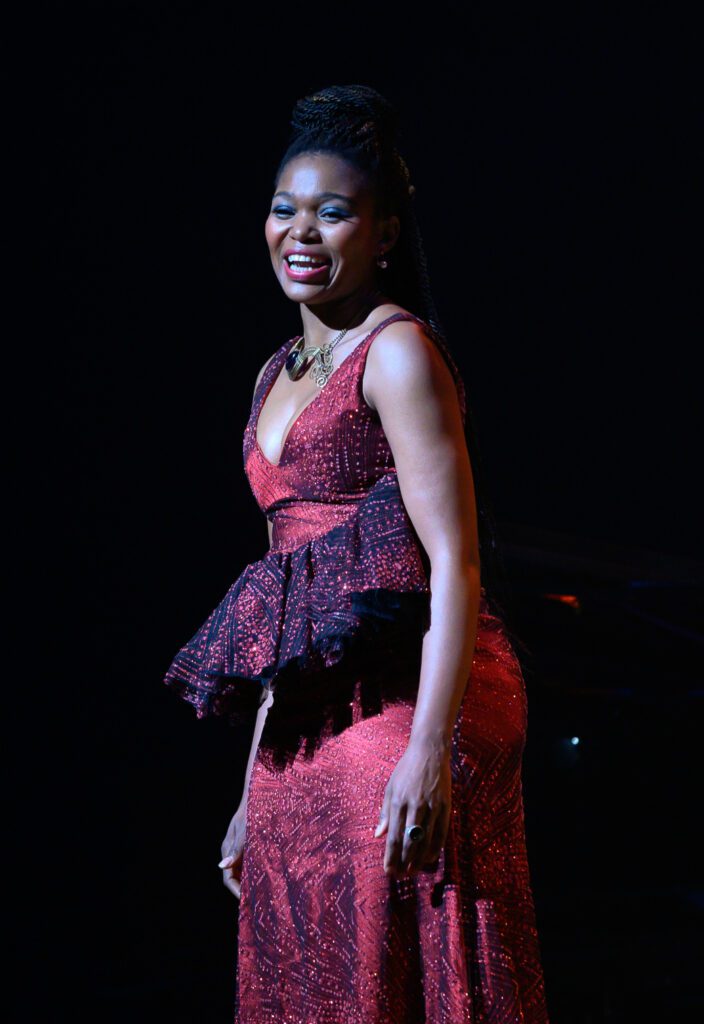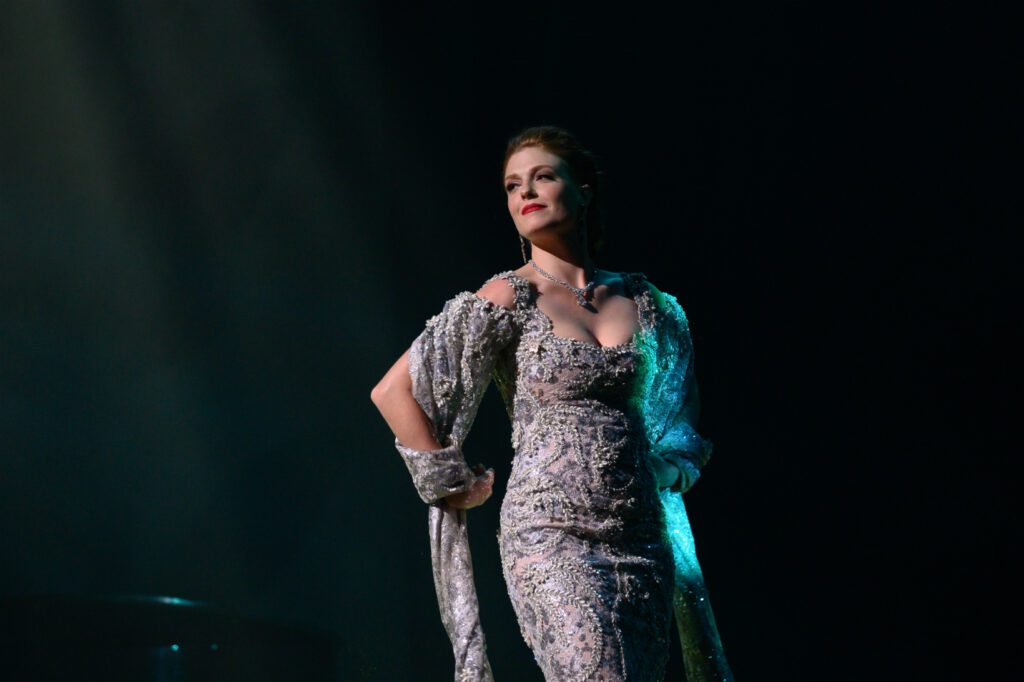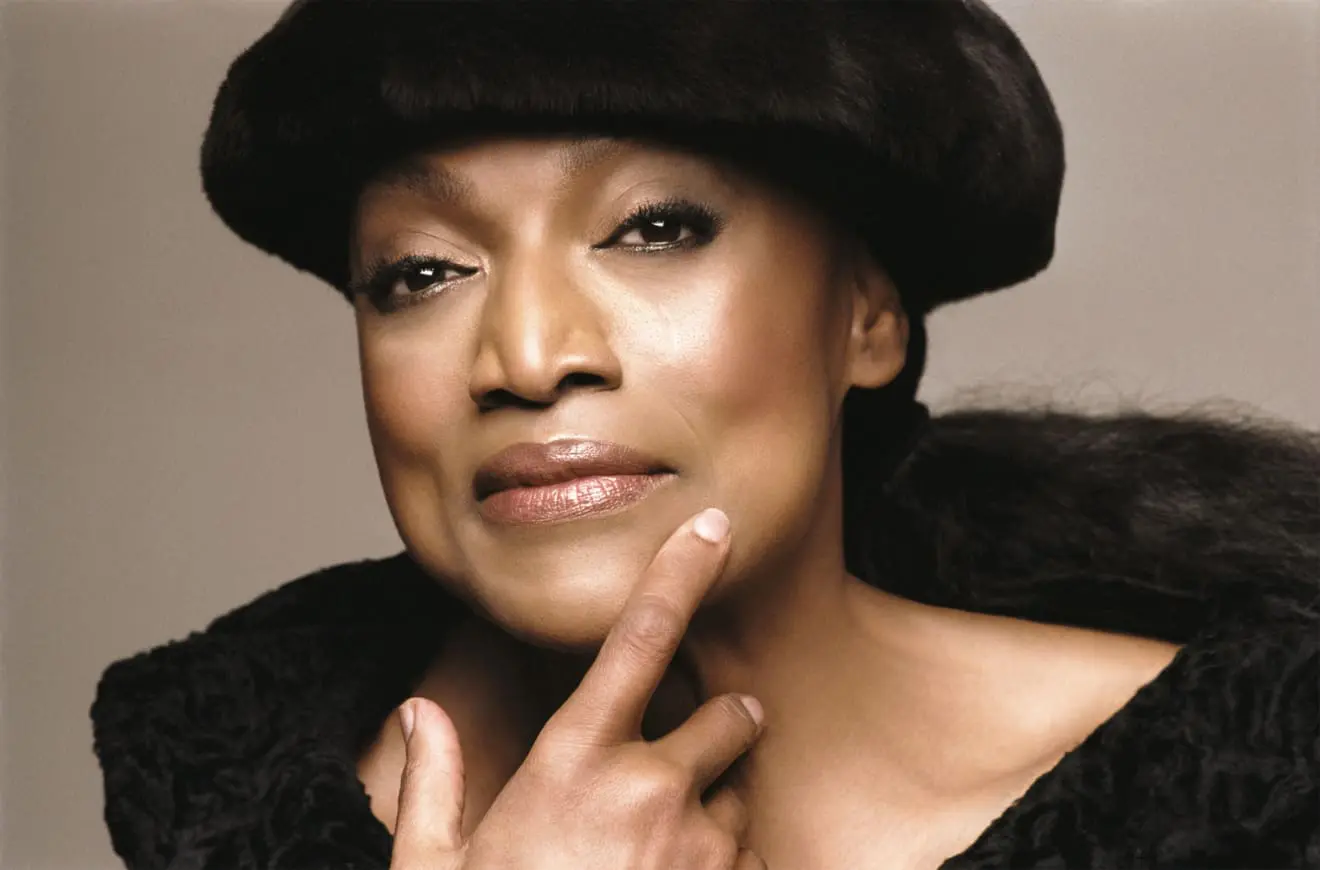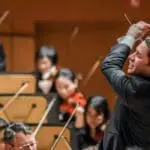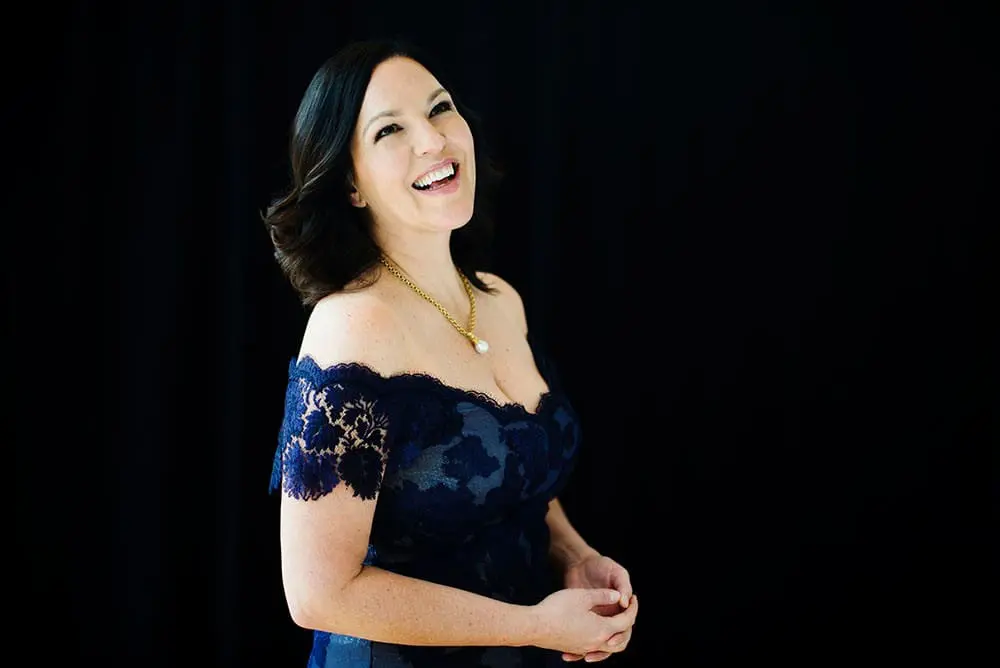We are only in the second month, but already, one of the most significant Canadian classical music events of the New Year is history. On Feb. 20th, in a glittery gala concert at Toronto’s Four Seasons Centre for the Performing Arts, the musical-operatic community gathered to pay tribute to American soprano Jessye Norman, who is the recipient of the twelfth Glenn Gould Prize.
As the President of the Glenn Gould Foundation so eloquently put it, Jessye Norman exemplifies the three pillars of the GGF—Celebration, Inspiration, and Transformation. Throughout her life, Norman the artist and the person used her incredible voice to break social barriers and promote causes dear to her heart. The Glenn Gould Prize is a fitting recognition of her lifetime achievement.
I have had the great good fortune of hearing her sing many times, from around 1979 in Massey Hall to 2011 in Koerner Hall, in a tribute to the great ladies of jazz—Sarah Vaughn, Ella Fitzgerald, and Nina Simone. Whatever genre, she never fails to move me.
Though her performing days are behind her, everyone last Wednesday evening hoped we might get to hear her sing. She had been in Toronto for the previous ten days, giving masterclasses, being interviewed, participating in the all-day symposium on “Black Opera.” At her University of Toronto masterclass, the audience got tantalizing glimpses of Norman’s singing voice when she demonstrated, however briefly. Would she sing at the gala?
The evening began with the obligatory speeches—Roger Garland (GGF President), Alexander Neef (COC General Director), Viggo Mortensen (Chair of the GGP Jury), and Brian Levine (GGF Executive Director). The speeches ended with one by Norman herself. Sitting in a motorized wheelchair, she came onstage to sustained applause.
Without the aid of a microphone, she expressed her gratitude to the Glenn Gould Foundation, and spoke extensively of her vision and goal as an artist, a woman of colour, and an educator. She puts her energies into passing the torch to the next generation of singers, as well as providing arts education through the Jessye Norman School of the Arts. Fifteen of the students from the school in her hometown of Augusta, Georgia were in the audience.
Kicking off the musical proceedings was South African soprano Pumeza Matshikiza, with “Cäcilie” by Richard Strauss, a song Norman has recorded with distinction. Even with the torrents of sounds from the orchestra under Jean-Philippe Tremblay, her powerful lirico-spinto cut through. It contrasted nicely with the lively, folksy dance-like rhythms of “Qongqothwane,” a traditional Xhosa melody. She concluded with “Song to the Moon” from Rusalka, a role she currently sings at Stadttheater Klagenfurt, Germany.
American bass-baritone Ryan Speedo Green chose a piece not normally associated with a gala—the introspective “Urlicht” by Mahler, a composer of great significance to Norman. Green’s deep, hall-filling sound was a pleasure. He followed this with Figaro’s Act III aria from Mozart’s Le nozze di Figaro. Despite his huge volume, it had impressive agility.
The first half concluded with the Prelude and “Liebestod” from Wagner’s Tristan und Isolde. It’s fitting that Scottish conductor Donald Runnicles is Music Director of Deutsche Oper Berlin, the very opera house where Norman sang her first professional engagement, as Elisabeth in Tannhaüser. Runnicles led the Canadian Opera Company Orchestra in a supremely lyrical and nuanced reading of the Prelude, a highlight of the evening. It transitioned seamlessly to the “Liebestod.” In her first Toronto appearance, Swedish soprano Nina Stemme sang with her customary huge volume and powerful, dark-hued tone. Dramatically her Isolde was a study in understated, internalized emotions and resignation, which made it even more affecting.
The winner of the Glenn Gould Protégé Prize, American jazz singer Cécile McLorin Salvant, opened the second half. With Sullivan Fortner at the piano, she sang the Judy Garland standard, “If you feel like singing, sing” from Summer Stock. She has a lovely timbre; pure and effortlessly produced. She also has a really engaging stage persona. Now I appreciate what Norman said when I recently interviewed her: “Cécile has the deep voice of Sarah Vaughan, the agility that you’d find in Ella Fitzgerald, and the maturity and self-assurance on stage that I really enjoy seeing.” Right on!
Canadian mezzo-soprano Wallis Giunta, wearing a stunning gown and looking like a million dollars, sang two numbers—the “Lament” from Purcell’s Dido and Aeneas, and the “Seguidille” from Bizet’s Carmen. Both brilliantly sung, although I would have to say that given her outfit, Giunta was much more believable as Carmen than the Queen of Carthage. Her Gypsy was dynamite—deliciously over-the-top, complete with Marilyn Monroe moves.
Rodrick Dixon, a voice new to me, offered “Celeste Aida” from Verdi’s Aida and Turiddu’s “Siciliana” from Mascagni’s Cavalleria rusticana. The young dramatic tenor sang with beautiful, robust tone and an easy top, his Aida aria ended with a ringing B-flat that brought shouts of “bravo” from the audience. Given that the world is always short of dramatic tenors, I’ll bet Rodrick Dixon will have a fine career.
Canada’s Nathaniel Dett Chorale, now in its 20th season, contributed a group of spirituals, showing to all why it’s one of the premiere Afrocentric choral groups in North America. One couldn’t help but notice several remarkably fine solo voices in its midst, particularly the baritone soloist in the last selection. The formal program ended with Canada’s Queen of bel canto, soprano Sondra Radvanovsky, singing a dynamite “Ritorna vincitor” from Aida and was stupendous in Tosca’s “Vissi d’arte,” earning her a standing ovation.
For those of us wishing to hear Jessye sing, we were not disappointed. Using a microphone, she offered “Somewhere” from West Side Story, as a duet with her protégé, Cécile McLorin Salvant. It was the magical moment of the evening.

